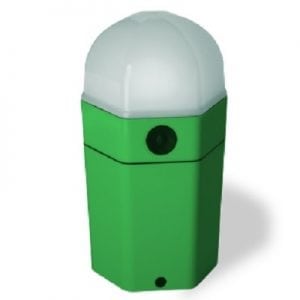
Agriculture
December 11, 2024
A-Light S
Read SolutionImplemented by
Ambros Huber
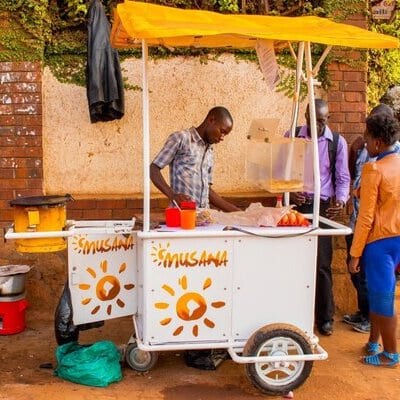
Updated on June 23, 2024
·Created on May 23, 2017
Musana Cart is a mobile cooking cart powered using a solar system used in Uganda to provide clean energy to vendors on the move.
The Musana Cart is a solar-powered, modular street vending cart. The solar panel powers the lights, radio, stove fan and electrical sockets which can be used to power items including refrigerators. Carts are also fitted with eco-stoves for cooking. The cart was designed by the Musana Cart team in conjunction with Design Without Borders, Green Bio Energy and TASS Solar Suppliers.
Target SDGs
SDG 7: Affordable and Clean Energy
SDG 8: Decent Work and Economic Growth
Market Suggested Retail Price
$135.00
Target Users (Target Impact Group)
Small and Medium-sized Enterprises
Distributors / Implementing Organizations
Musana Carts, partnered with local micro-finance institutions.
Competitive Landscape
Direct competitors include Halisi Trolley.
Countries
Uganda
Manufacturing/Building Method
Individually made by local technicians and fabricators in Kisenyi, Uganda. The manufacturer designs and produces the cart specific to customers' needs. They primarily focus on bulk orders, however, they also make fully customised carts for individual clients.Interview with manufacturer in 2020
Intellectural Property Type
Trademark
User Provision Model
Users can obtain the product directly from Musana Carts Ltd. The company works with local organisations that aim to empower the youth in Uganda and partners with local microfinance institutions to make the cart more accessible. It is a franchise so vendors pay a franchise fee weekly that is built into their cart loan repayment.
Distributions to Date Status
As of 2020, 39 carts have been distributed to individual vendors in Uganda.Interview with manufacturer in 2020
Area of Cart (m^2)
1.5 m2
On-board Power
Solar
Services Offered
Cook stove, phone charging
Transport Method
Push
Weight (kg)
~63 kg
Wifi Enabled
No
Design Specifications
The Musana Carts are designed for and with each vendor to ensure their needs are met. The solar panel can power lights, a radio, a stove fan and electrical sockets which can be used to power items including refrigerators. Carts can also be fitted with eco-stoves for cooking and lockable storage space.
Technical Support
Local technicians provide support for the different components of the system.
Replacement Components
The manufacturer is solely responsible for the repair of each vendors cart during the payback period.Interview with manufacturer in 2020
Lifecycle
3 to 5 years. The limiting component is the solar panel whose average lifecycle is 3 years but can stretch up to 5 with good handling. A 2-year warranty is provided over the cart payback period.Interview with manufacturer in 2020
Manufacturer Specified Performance Parameters
The manufacturer aims to improve the health of vendors and local residents by reducing smoke inhalation associated with traditional charcoal stoves, improve food safety by training Musana Cart owners and increase vendors' income by reducing energy costs and allowing them to work at night.
Vetted Performance Status
Musana Carts have found that vendors have more ability to stay open longer and make more money with the solar-powered light, however, no third-party testing has been completed.
Safety
Battery could be hazardous if not properly installed. Cook-stoves could be a hazard but care is taken to ensure that they are properly insulated.
Complementary Technical Systems
Solar system and associated components.
Academic Research and References
No academic references.
Musana Carts. n.d. Musanacarts.com.
Impact. n.d. Musanacarts.com.
Euronews, and Reuters. 2019. Watch: Solar Power Energises Kampala Street Food Scene. Euronews, August 20, 2019.
Inspire Afrika Team. 2020. Nataliey Bitature: “Women Are Still Made to Feel They Are Wrong for Working or Being Ambitious with Their Careers.” Inspire Afrika, February 3, 2020.
Compliance with regulations
The vendors are registered with the local city council upon purchase of the carts.
Evaluation methods
Manufacturer specifies the changes in sales of the cart as the major evaluation method. Efficacy of modifications to the cart since it is still in early development stages is determined by how many sales the vendors are making.

Agriculture
December 11, 2024
Implemented by
Ambros Huber
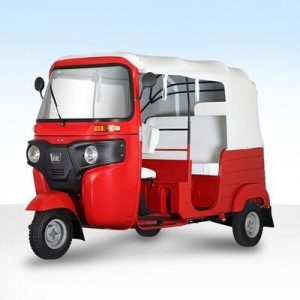
Agriculture
June 23, 2024
Implemented by
Bajaj

Agriculture
December 17, 2024
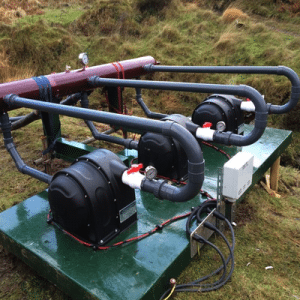
Agriculture
December 2, 2024
Implemented by
EcoInnovation Ltd. (Powerspout)
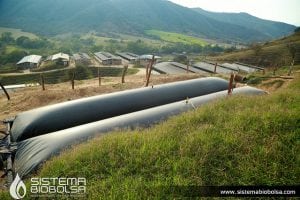
Agriculture
January 22, 2024
Implemented by
Sistema.bio
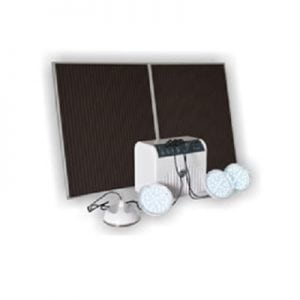
Agriculture
December 10, 2024
Implemented by
Orb Energy
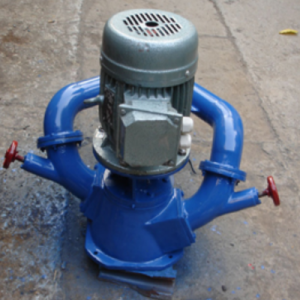
Agriculture
December 2, 2024
Implemented by
Asian Phoenix Resources Ltd.
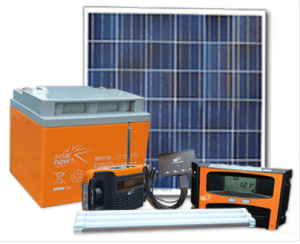
Agriculture
December 11, 2024
Implemented by
SolarNow

Agriculture
December 7, 2024
Implemented by
Philips
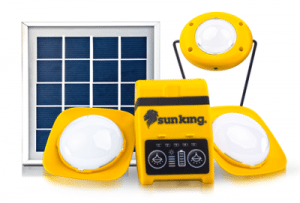
Agriculture
December 11, 2024
Implemented by
Sun King
Have thoughts on how we can improve?
Give Us Feedback